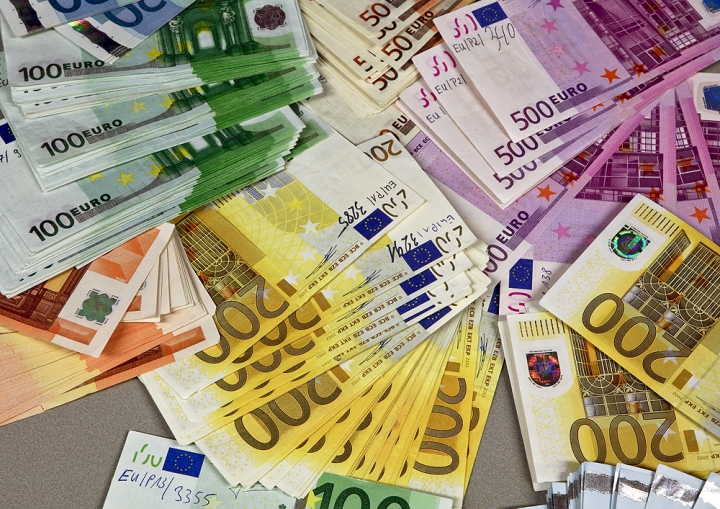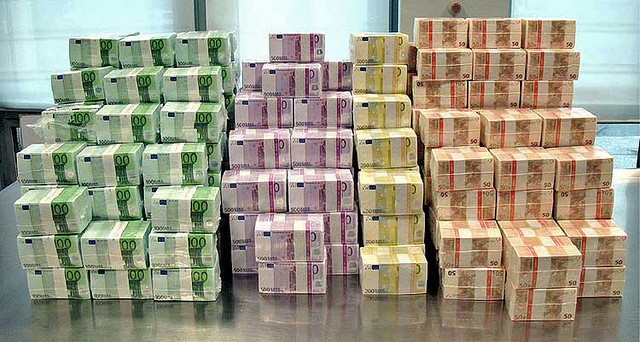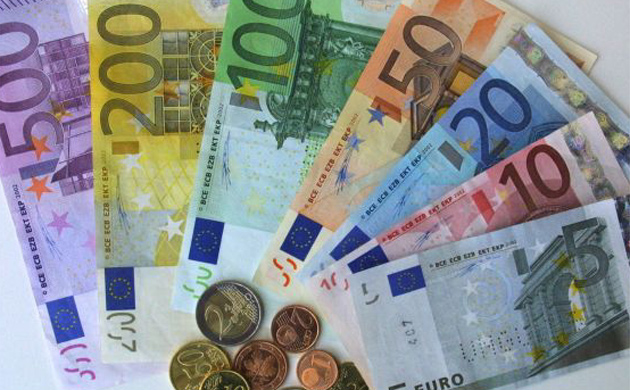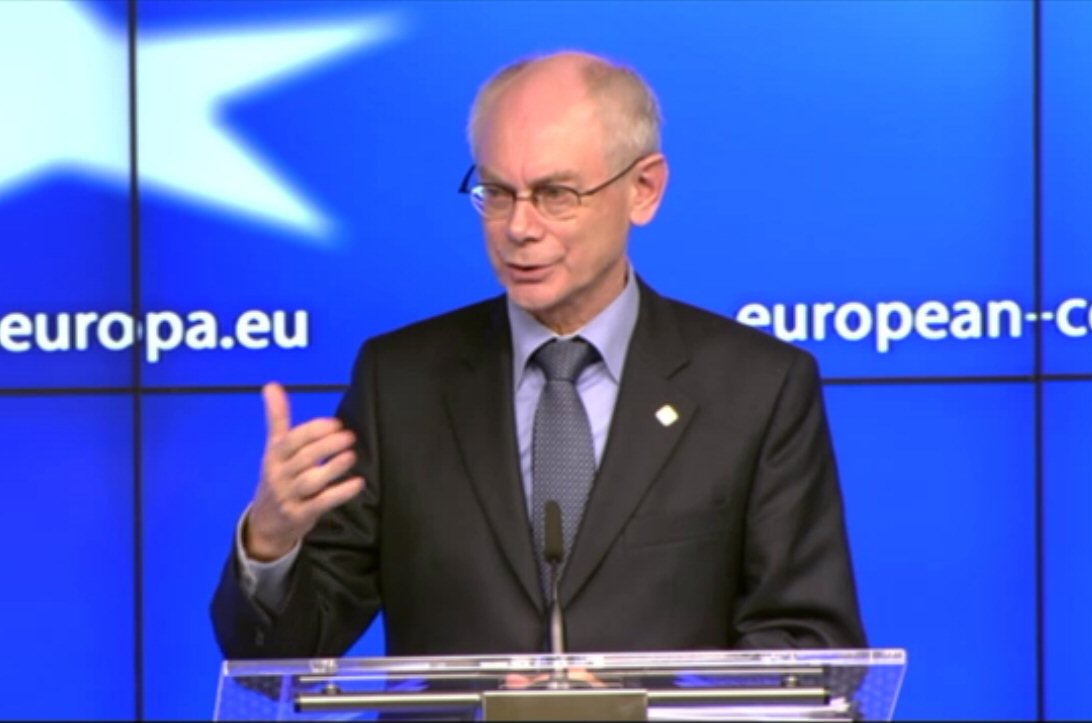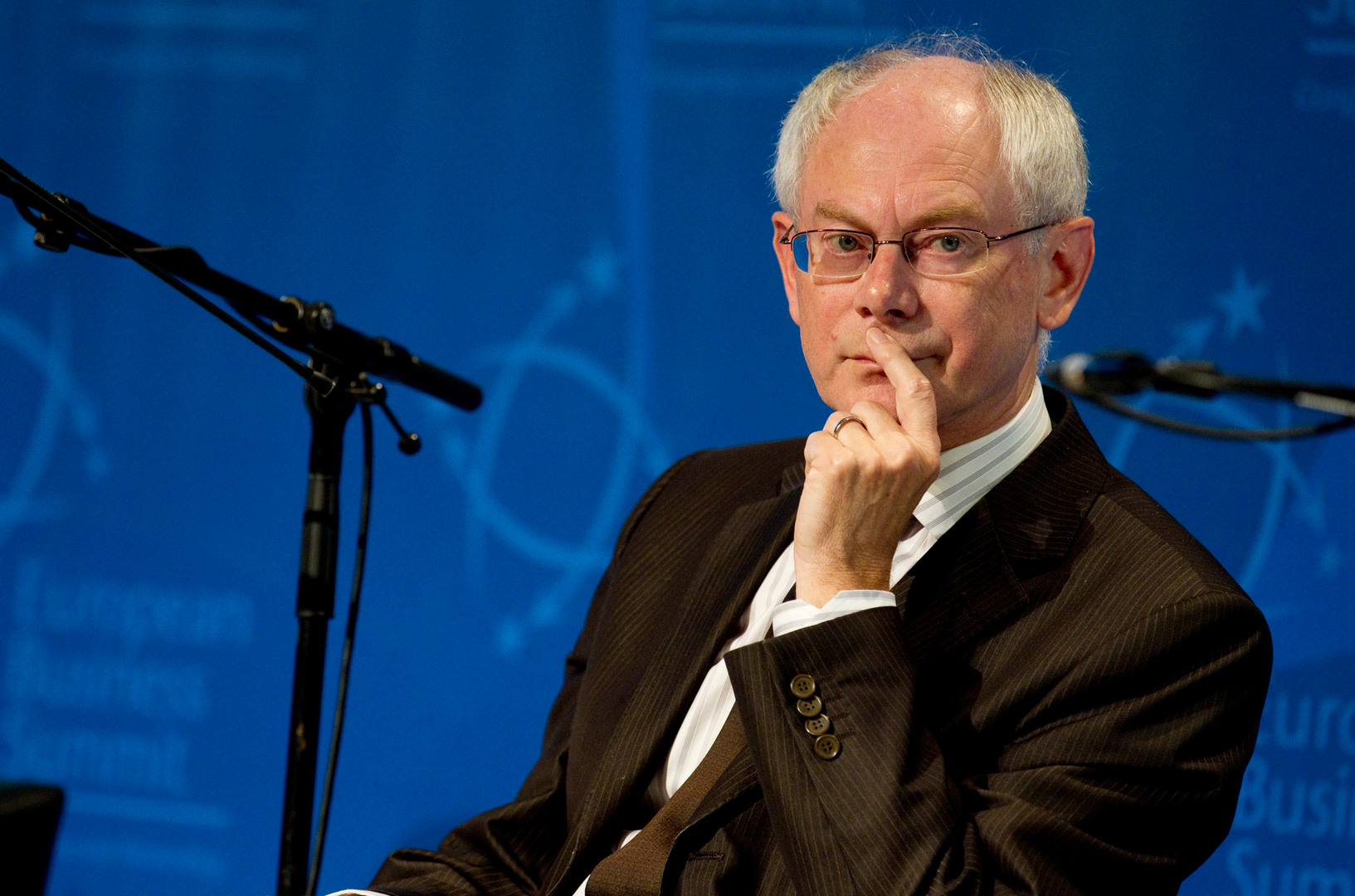This is a shortened version of a post which was first written for the Institute for International and European Affairs EnvironmentNexus blog
From the perspective of the agricultural environment, there are three elements in the European Council conclusions on the EU’s Multi-annual Financial Framework on 7-8 February which should be noted.
The first element is the general commitment that climate action objectives will represent at least 20% of EU spending in the period 2014-2020 and should be reflected in the appropriate instruments to ensure that they contribute to strengthening energy security and building a low-carbon, resource efficient and climate resilient economy.
As agricultural spending will continue to account for 36% of total MFF spending during this period, it will also have to contribute to this objective. This will require a classification of what spending contributes to climate action objectives. One might speculate, for example, that the Commission is likely to consider the proposed green payment in Pillar 1 as a climate action instrument, in addition to some spending under the Pillar 2 rural development budget.… Read the rest
What the proposed MFF has for agriculture?
Herman Van Rompuy, President of the European Council introduced the acceptance of the new MFF yesterday on his Twitter page by writing that
Deal done! The European Council has agreed on MFF for the rest of the decade. Worth waiting for.
Although this is not the final agreement as the European Parliament still has to confirm the Council decision, it is highly unlikely that the EP risks the hard-fought agreement reached at the Council. Therefore, the playing arena for agriculture in the next seven years is set in the final conclusions published by the Council.
In general, the deal reached limits the maximum possible expenditure for a European Union of 28 Member States (with Croatia’s accession this year) to €960 billion in commitments, corresponding to 1.0% of the EU’s GNI. This means that the overall expenditure ceiling has been reduced by 3.4% in real terms, compared to the current MFF – the first time in history when such a reduction is made.… Read the rest
Will the MFF be agreed this week?
Heads of State and Government meet Thursday and Friday 7 and 8 February in the first European Council meeting of 2013. A second attempt to reach agreement on a Multi-annual Financing Framework (MFF) for the 2014-2020 period is on the agenda. Prime Ministers and European Ministers have been criss-crossing Europe for the past few weeks to drum up understanding and support for their various national positions, with Merkel and Hollande meeting in Paris today Wednesday on the day before the summit begins.
Herman van Rompuy, the Council President, is playing his cards very close to his chest. Unlike prior to the earlier failed attempt to reach agreement in November last year, a third draft of the Council conclusions (HvR-III) will not be formally circulated before the meeting (see this post for commentary on HvR-I and this post for commentary on HvR-II).
The talks at the European Council of 22-23 November were suspended and will now pick up from that point.… Read the rest
The MFF numbers – where we stand
Later this week (7-8 February), the European Council will meet for a second time to try to agree the parameters for the EU’s Multi-annual Financial Framework (MFF) for the 2014-2020 period. The prospects for success remain uncertain; tomorrow I will review the main outstanding issues and the likely flashpoints when the Heads of State and Government meet.
The purpose of this post is to present the numbers as published in successive drafts of the MFF since the Commission’s original proposal in June 2011 and a comparison with the numbers in the 2007-2013 MFF. This provides the context to evaluate the blueprint which European Council President Herman van Rompuy will put before the leaders and any potential agreement.
The main steps since the original June 2011 proposal have been the Commission’s amended proposal in July 2012 to take account of new legislative commitments entered into after June 2011, the proposed accession of Croatia in July 2013, and revised national and regional GNI figures which imply a recalculation of cohesion fund entitlements especially for those member states subject to capping; the Cyprus Presidency’s draft negotiating box in October 2012 which presented revised figures for the first time; and the two proposals for draft European Council conclusions made by Herman van Rompuy (HvR-I and Hvr-II) before and during the last European Council meeting in November 2012.… Read the rest
Welcome to the Irish Presidency
Ireland took over the EU Presidency from 1 January 2013 and the Irish Minister for Agriculture, Food and the Marine, Simon Coveney, will chair the Council of Agricultural Ministers for the next six months. Coveney is an energetic Minister and the Irish have an experienced bunch of officials (see who’s who in the Irish delegation) who will do everything to ensure an agreement on CAP reform on their watch.
Securing an agreement under the Irish Presidency is conceivable. But I am going to argue that the institutional decision-making process between the Council and the Parliament, as well as the linkage with the Multi-annual Frinancial Framework (MFF) negotiations, will make it extraordinarily difficult, even assuming that the European Council will reach an agreement on the next MFF at its next meeting on 7-8 February 2013.
In this post I discuss my understanding of the decision-making process (the ordinary legislative procedure, also known as co-decision) over the next six months.… Read the rest
Correction: Rural development funds allocation
There has been much interest in the provenance of the figures on the allocation of rural development funding between member states which I discussed in this post earlier this week. In the post I said that these were figures circulated by Herman van Rompuy during the special European Council meeting to discuss the MFF on November 22-23. Having spoken with some people who were present at the Council meeting I can now confirm that Van Rompuy did not circulate these figures at that meeting. I believe the figures were prepared by well-placed sources but they are not official figures and I regret any confusion which my incorrect assignation may have caused.
Thus the proposed allocation remains unknown at this point in time, beyond the reference in the draft Council conclusions that the allocation will be based on objective criteria and past performance as well as well as specific allocations to five member states.… Read the rest
Rural development funds allocation hits new member states
Update 15 December 2012: I have now learned that I was incorrect to attribute the table of allocation of rural development funds to Van Rompuy in this post and these figures were not circulated at the European Council meeting as I suggest. I regret the error but I have left the post stand unedited as an example of one possible distribution of funds being discussed in the negotiations. But as of this date no official proposed allocation has been made, see fuller discussion here)
In previous posts I had wondered how member states were expected to come to an agreement on the MFF for the 2014-2020 period at the special European Council meeting at the end of the November without being aware of the proposed allocation of Pillar 2 rural development funds under the CAP. The answer is now clear. A well-kept secret is that Herman van Rompuy (HvR) did circulate proposed rural development allocations at that meeting.… Read the rest
Nobody cares what we spend our money on
All we know that no decision was made last week in Brussels on how much money the EU should spend in the next programming period (MFF). Besides Van Rompuy’s detailed and complicated figures and plans, it is pretty evident that the debate is about the possibility to redistribute the European Budget among Member States.
If one takes a short look to the operating budgetary balance of the Member States, it becomes evident that Poland, Greece, Hungary, Spain and Portugal are the greatest recipients of the current system, while Germany, France, Italy, the United Kingdom and Netherlands are the biggest contributors in absolute terms. This picture varies, of course, if we analyse the balance per capita or as a proportion of GDP. It is also evident that the former group wants to save the status quo, while the latter wants to cut the budget.
 Source: http://ec.europa.eu/budget/figures/interactive/index_en.cfm
Source: http://ec.europa.eu/budget/figures/interactive/index_en.cfm
If we compare the figure above with the one below, it turns out that expenditure on agriculture and rural development by country shows a great diversity among Member States as well.… Read the rest
No decision on MFF budget at first attempt
Van Rompuy’s second attempt (HvR-II) at preparing draft conclusions on the EU’s multi-annual financial framework (MFF) for the European Council which failed to agree them at this week’s special European Council meeting can be summarised in two sentences: (a) within the overall budget, the reinstatement of much of the CAP spending cuts at the expense of all other budget headings (except Administration which stayed the same, though see below); and (b) separately, within Heading 1, a shift from competitiveness (Europe 2020) to cohesion spending.
The detailed figures are shown in the table below. The total budget (including extra-MFF spending) in HvR-II is maintained at exactly the same level as HvR-I but because emergency aid for humanitarian crises in developing countries is moved out of the MFF, the MFF total falls by just over €1 billion euro.
Europe 2020 spending (competitiveness) took the largest cut in absolute terms in HvR-II compared to his first draft conclusions.… Read the rest
MFF baton passes to Van Rompuy: further cuts proposed compared to Commission proposal
The President of the European Council Herman Van Rompuy has now tabled his proposal for expenditure and financing in the EU’s MFF for the 2014-2020 period for discussion. The document will be tabled at the next General Affairs Council scheduled for 20 November. It is then not clear if Van Rompuy will have time to rework the numbers before the 22-23 November European Council which will convene solely to discuss and, if things go according to plan, agree on the Council’s view on the new MFF.
The draft starts with the last version of the MFF negotiating box developed by the Cyprus Presidency but revises the numbers, again in a downward direction. This post takes a look at the main changes proposed in the headline numbers and in the proposals for agriculture contained in the Van Rompuy proposal.
Overall MFF expenditure
First, the ballpark figures. In evaluating the proposal it is necessary to be clear about what is being compared to what.… Read the rest

